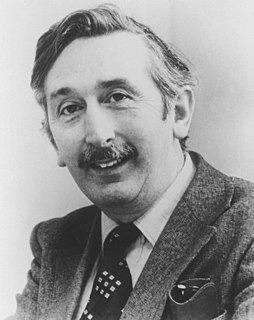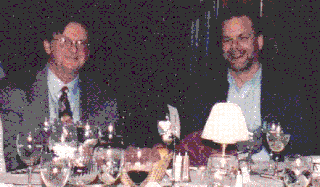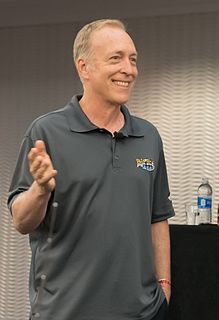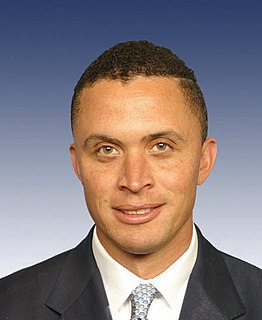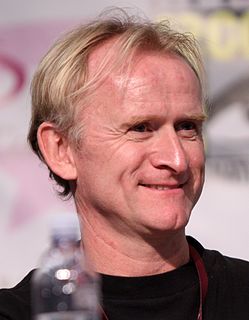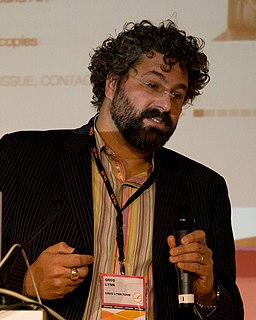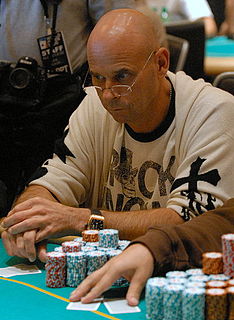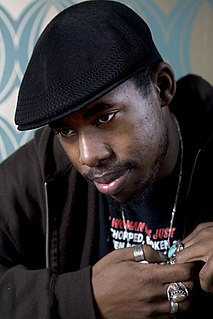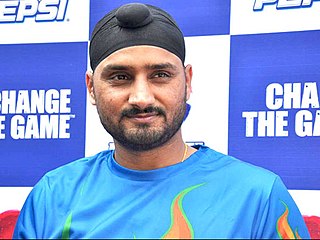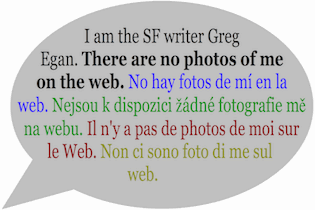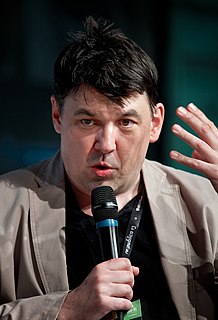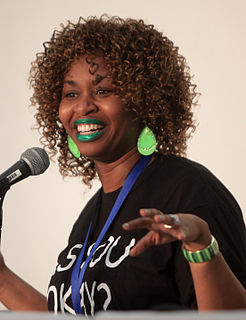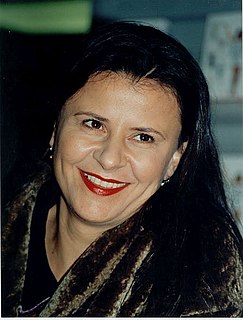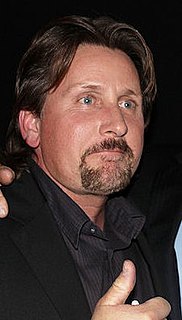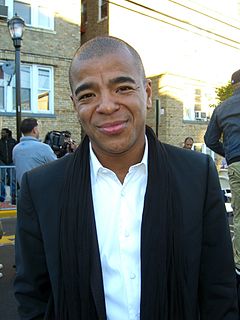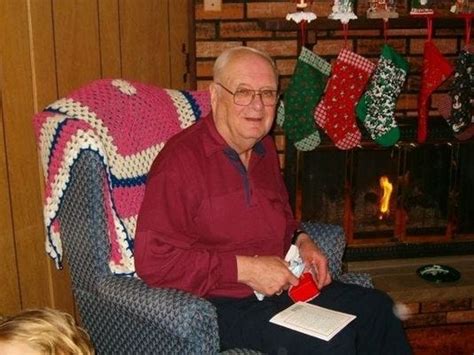Top 787 Computers Quotes & Sayings - Page 12
Explore popular Computers quotes.
Last updated on April 19, 2025.
I joined the staff of EMI in Middlesex in 1951, where I worked for a while on radar and guided weapons and later ran a small design laboratory. During this time, I became particularly interested in computers, which were then in their infancy. It was interesting, pioneering work at that time: drums and tape decks had to be designed from scratch.
I believe in the potential of all things possibly imagined that can be made into a reality. My uncle was a Swedish scientist, and in the 1970s, he would speak of computers controlling most things in the future and self-driving cars and wireless communication. All the things that we are living with now.
Because the last time I saw my family was 2015. Sometimes I even forget what they look like, you know? It's so hard to communicate with them. Because Turkish police raided my house. They took electronics away, computers away. They wanted to see if I'm still in contact with my family or not. Any single text, they will all be in jail.
Computers shouldn't be parents, but they are. Please, spend time with your kids. If you don't want to, then I don't want to. It might hurt you to discipline your offspring, but it saves the child from being disciplined later by someone less forgiving. Like a criminal court judge. If you don't spank your child, someone else will.
I never have used computers or calculators. I've always been able to figure out in my head, far before my opposition has, in negotiating for acquisitions, where we need to be and where the numbers are and how we could get the best sight of the bargain, without having to resort to accountants or assistants or financial experts.
Most people are excited about themselves. Personal genome will deliver for inexpensively something about science to which you can relate. Just like computers are becoming something to which you can relate. It should be even easier to relate to your own biology, and I hope that will be one of the ways we get broader literacy in science.
I was standing on the shoulders of other science fiction writers like William Gibson, who had written 'Neuromancer' on a typewriter before home computers even really existed, and Neal Stephenson who wrote 'Snow Crash' in the early '90s and imagined an online virtual world before the birth of the modern Internet.

